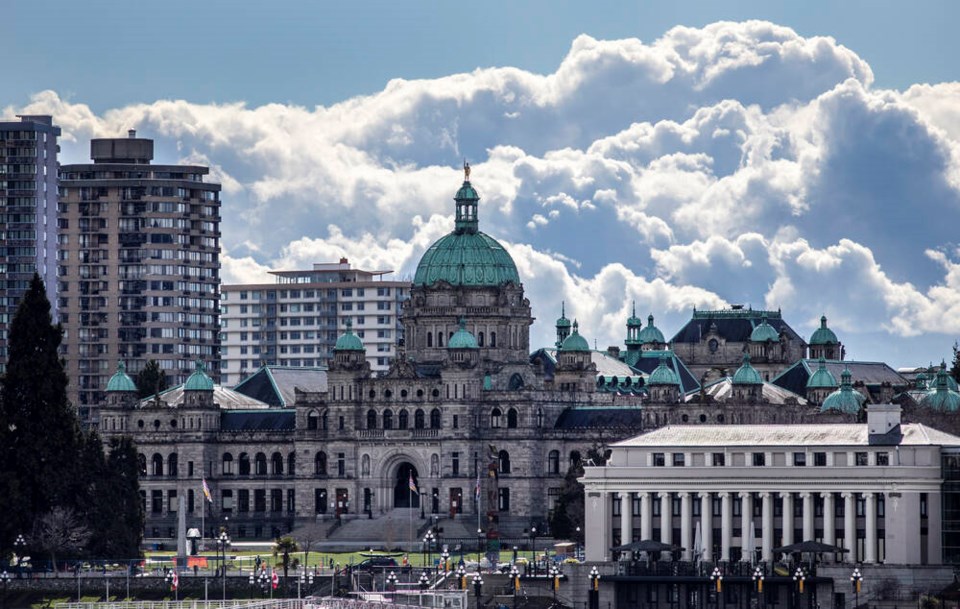Years of concern about how municipal public hearings can act as a barrier to easing the housing shortage are behind a legislative move the NDP government made this week.
An amendment will eliminate the default requirement for local governments to hold public hearings for zoning changes that are consistent with official community plans. It also smooths approval of minor development variance permits by allowing staff to approve them.
It’s pitched as an important step, although it’s already allowed in some cases. And there is a lot of work ahead before it takes effect. It’s unlikely any effort to curb public hearings is going to proceed without some argument. Even if it passes through the legislature in the next month, the process could require bylaw changes in each municipality, which is where the disputes could break out.
It’s anti-democratic, by definition, even though the worthy intention is to speed up approval and construction of badly needed homes.
The basic issue is routinely visible at public hearings on significant neighbourhood changes anywhere. The “antis” are intent on fighting change for any number of reasons. And they usually outnumber those who would be in favour, who aren’t organized enough to show up in support, but represent the growing number of people who desperately need the additional homes.
So local politicians incur wrath when they buck the majority view at such hearings.
A number of development groups and housing advocates support the change.
The proposals flow from a review process that noted public hearings as one of the steps that crimps housing supply. A report from that process said they tend to be ineffective way of engaging people. They’re formatted for statements, not discussions, and come late in the development process, after time and money has been invested.
They “tend to attract and empower well-organized interest groups that may not represent the broad perspective … or even those who would be the most directly impacted.”
The changes were recommended in 2019.
More recently, a federal-provincial expert review of the housing crisis landed in the summer. It criticized the growing gulf between renters and owners and included more criticism of public hearings. It recommended less reliance on public hearings and approvals that delay home building and “amplify the voices of groups opposing new housing at the expense of city-wide objectives.”
The hearing process creates perceptions of majority opposition to new developments especially when the citizens most motivated and available to participate generally oppose the development plans.
“Those who stand to benefit from new housing supply often do not attend.”
It said public hearings “contribute to restricting or impeding growth and allow anti-development interests to apply disproportionate pressure.”
Victoria Mayor Lisa Helps said the bill is a step in the right direction, but pointed out most municipalities will have to amend process bylaws to see the measure enacted.
“That will be a very political decision.”
She said the province could have gone further in speeding up the process.
Just So You Know: Another part of bill issues a death warrant for a surreal community that was a ghost town from start to finish. The NDP government is dissolving Jumbo Glacier Resort Municipality.
It was an imaginary town the B.C. Liberals created in advance of a Kootenay ski resort development that prompted decades of arguments before it was finally snuffed out. The former government even appointed a mayor to preside over an abandoned mill site that pretty much stayed just that way for years.
“It was easy to make fun of,” he conceded to the CBC last year.
It was captivating to think about a town with zero people that existed for nine years with zero population growth, zero building permits and zero complaints about garbage pickup. Now the fun is over. The mayor can look back on a perfect governance record.
“Jumbo does not have the residents to request dissolution as required,” the government said. So they’re doing it unilaterally. Not only that, they’re outlawing the potential to incorporate towns without residents forevermore.
So much for: “If you build it, they will come.”
lleyne@timescolonist.com



